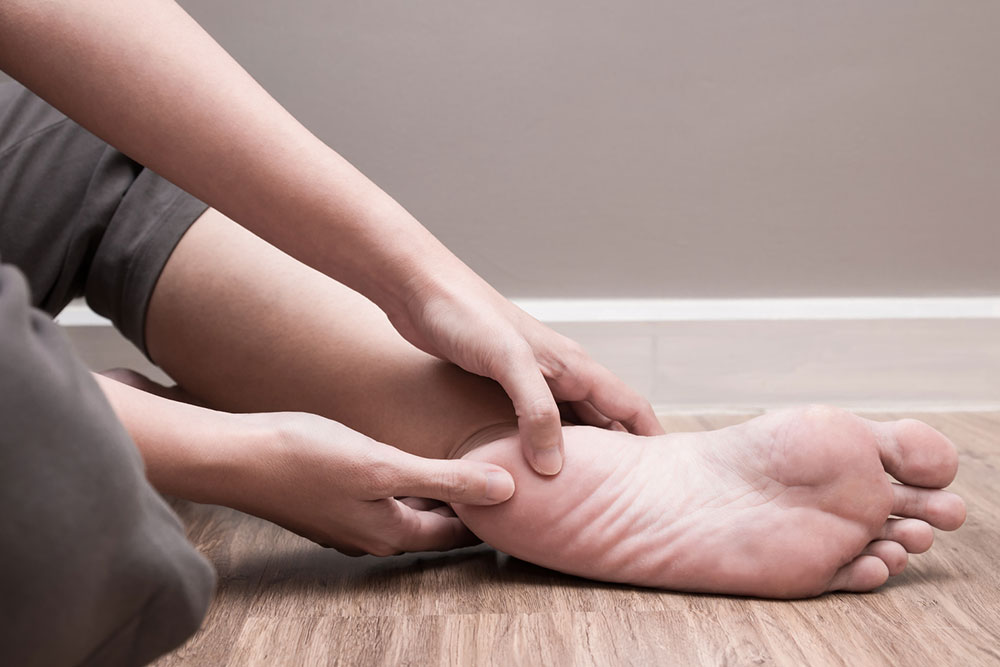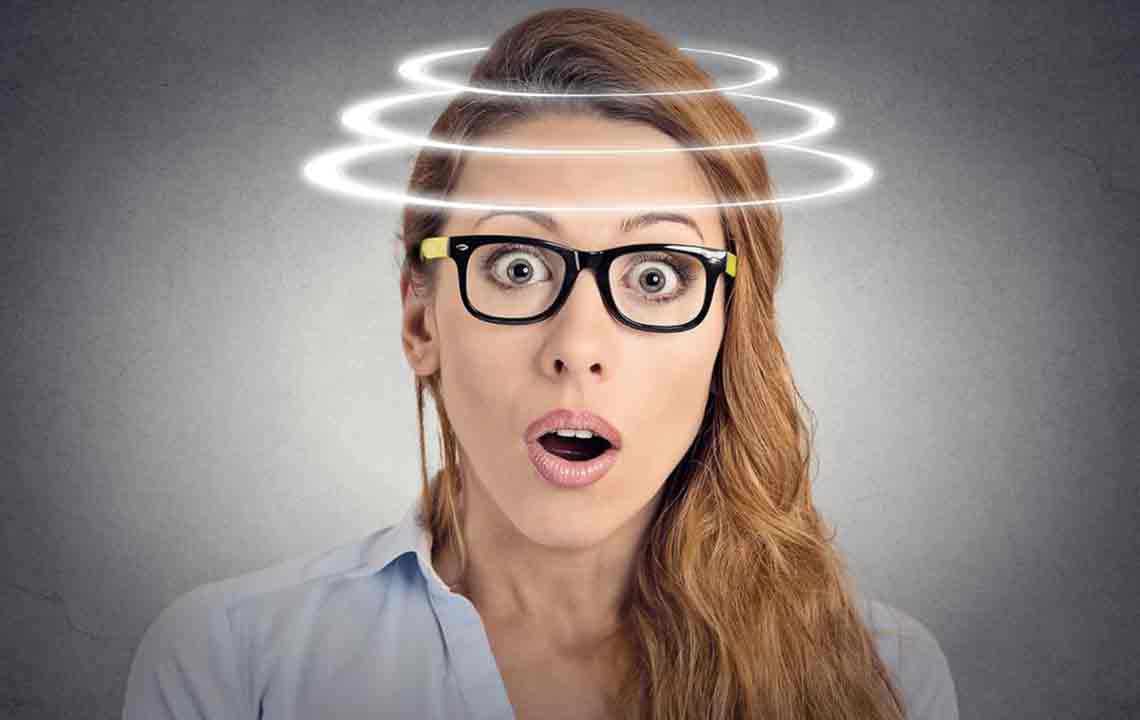Treatment for causes of dizziness
Dizziness is a condition that usually does not require any treatment unless it is associated with some more potent condition. For example, if one feels dizzy due to low blood sugar caused by diabetes, then it can be a cause of concern. Dizziness usually is temporary and does not last for more than a week or two. This happens as the body adapts to the cause of dizziness and nurtures the immune system accordingly.

Remedies for dizziness
Management options for dizziness aim to address its underlying causes, such as vertigo, motion sickness, or inner ear conditions, by using specific strategies.
1. Staying hydrated
Dehydration is a major contributor to vertigo and dizziness. People who drink less than the daily recommended amount of water may be more prone to vestibular disorders like dizziness. This can impact the body’s systems and their natural functioning. To avoid such complications, one should ensure the daily recommended amount of water intake is met without fail.
2. Acupressure
Acupressure is an alternative remedy that helps treat the patient by targeting the pressure points. The primary aim of the practice is to help the patients relax and promote well-being. Trained professionals can massage the pressure points associated with dizziness in the patient’s body to help them find relief.
3. Acupuncture
Acupuncture, just like acupressure, is a traditional alternative healthcare practice. Both these practices operate on the same principle. However, in this treatment, the professional uses specialized tools to target the pressure points in the body. Acupuncture is an effective remedy for various health conditions, including dizziness. People who often experience dizzy episodes can contact a trained therapist and discuss possible solutions with them.
4. Head position maneuvers
Paroxysmal positional vertigo can usually be cured faster than just waiting for the dizziness to subside. A technique called canalith repositioning or Epley maneuver can be employed. This can be done by a doctor, physician, physical therapist, or audiologist. The maneuver requires assuming different positions of the head. One must be careful and inform their care provider if they experience any neck or back issues. Also, mention any conditions related to or indicative of a detached retina or blood vessel problems. The treatment usually shows effects after one or two sessions.
5. Balance therapy
If one is prone to motion sickness, which triggers dizziness, then one can benefit from learning balance therapy. This balance theory is called vestibular rehabilitation. It helps people manage motion sickness as well as inner ear conditions that cause dizziness.
6. Exercise
Exercise is a great practice to relieve muscle pain or pinched nerves that could impact the patient’s health. Exercises such as walking and yoga can help one improve overall stability and reduce the frequency of dizzy episodes. Professional physical therapists can help patients find the right kind of exercise that suits their health. It is better to work under the guidance of a professional to ensure safety and avoid worsening one’s symptoms.




